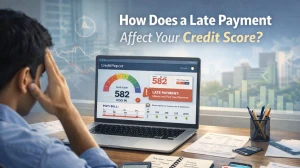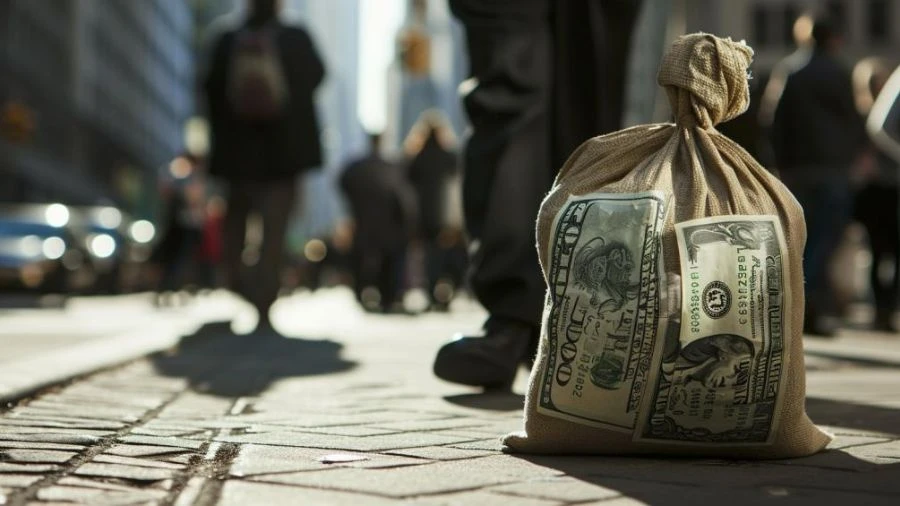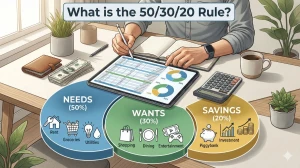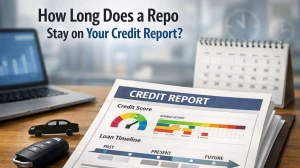
What is Unclaimed Money? How to Find Unclaimed Money?
Unclaimed money refers to funds and assets without identifiable owners, often transferred to the government after a set time of inactivity, requiring rightful claimants to establish ownership for recovery.
by Kowsalya
Published Aug 16, 2023 | Updated Jan 04, 2024 | 📖 3 min read
What is Unclaimed Money?
Unclaimed money refers to funds and assets whose rightful owners cannot be located. Typically, these assets, such as bank accounts, pensions, insurance policy funds, and securities accounts, are turned over to the state after a specified dormancy period. Reasons for funds going unclaimed include address changes, unawareness of account closures, or failure to update information.
To reclaim unclaimed money, owners or beneficiaries must file a claim, providing proof that it's part of an estate. Various databases and state agencies help individuals search for unclaimed funds, but caution is advised to avoid potential scams associated with fraudulent attempts to claim these assets.
How to Find Unclaimed Money?
To find unclaimed money, individuals can utilize various resources, including state-specific websites like Unclaimed.org, where they can search using personal details.
Unclaimed funds may result from overlooked tax refunds, unpaid wages, or forgotten accounts. Checking with federal agencies, such as the IRS or the Department of Labor, can reveal unclaimed tax refunds or unpaid wages. Additional sources include failed banks (FDIC), credit unions, and SEC listings for owed investments. Claimed funds can be wisely used based on individual financial goals, from building an emergency fund to investing in high-yield savings accounts or other opportunities.
What Are the Examples of Unclaimed Money?
Unclaimed money can take various forms, including unclaimed tax refunds, uncashed paychecks, forgotten bank accounts, and abandoned securities. For instance, individuals who relocate without updating their address may miss receiving tax refunds or correspondence, resulting in unclaimed funds. Bank customers might be unaware of uncollected funds in accounts of failed banks or pensions from defunct companies.
Additionally, beneficiaries of life insurance policies or individuals with unused gift card balances can contribute to the pool of unclaimed money. It's essential to explore state databases and government resources to identify and claim these unutilized financial assets.
Immerse yourself in the wealth of financial knowledge waiting to be discovered at MarketsHost, where you can access a multitude of resources covering every aspect of Finance.
How Does Unclaimed Money Work?
Unclaimed money works through a process where financial assets and funds, left inactive or forgotten, are eventually turned over to the government after a specified dormancy period. Reasons for funds going unclaimed vary, including address changes, unawareness of account closures, or the passing away of account holders. The dormancy period, typically three to five years, triggers escheatment, wherein the state assumes ownership until rightful claimants come forward.
While unclaimed property is not taxed during dormancy, reclaiming it may lead to taxation. Individuals can verify and reclaim unclaimed funds by contacting state agencies and utilizing various online databases. It's essential to be aware of potential scams, as government agencies generally do not contact owners by phone. After a designated period of inactivity, unclaimed funds are surrendered to state authorities, emphasizing the importance of regularly checking for any dormant financial assets.
What is Unclaimed Money-FAQs
1. What is unclaimed money?
Unclaimed money refers to financial assets like funds, checks, and assets for which the rightful owner cannot be located or has not claimed within a specified time period.
2. How does money become unclaimed?
Money becomes unclaimed when it remains inactive or untouched by the owner for a certain duration, causing institutions like banks and businesses to turn it over to the government to hold until claimed.
3. What types of assets can become unclaimed money?
Various assets can become unclaimed money, including uncashed checks, dormant bank accounts, stocks, dividends, insurance policies, utility deposits, and even tangible items left in safe deposit boxes.
4. How can I find out if I have unclaimed money?
You can check if you have unclaimed money by searching official government websites or databases dedicated to unclaimed property.
5. How can I claim unclaimed money?
To claim unclaimed money, you need to prove your ownership through a process that varies by jurisdiction.




